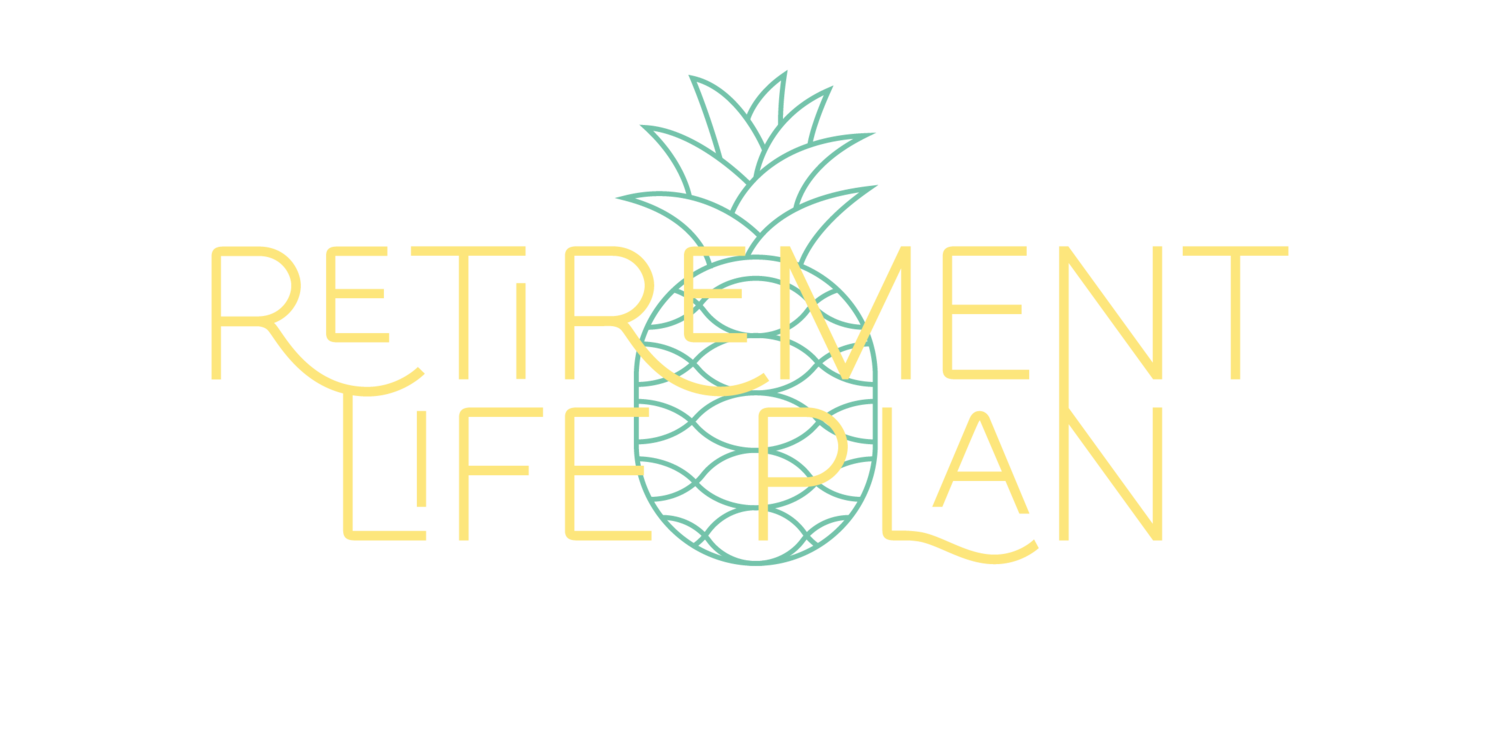Retirement Planning with the PERMA Model of Wellbeing
Martin Seligman, the founder of positive psychology, developed the PERMA model to outline key areas of life that impact our psychological wellbeing, throughout the lifespan. This model is useful to reference at any point in our lives, especially when we are considering ways to improve our wellbeing. It can also be particularly useful in planning for retirement, to ensure that we are considering these very important elements of life that support and enhance our wellbeing.
So what does PERMA stand for, and how might you integrate this into your retirement planning? We take a look at each of these elements below and highlight some questions you might consider on your retirement journey.
P - Positive Emotion. This is probably the area that most people are thinking about when they start planning for retirement–more time for all of those hobbies and interests that bring us joy. Any activities or pursuits that evoke happiness, joy, or any other positive emotion are certainly an important part of our wellbeing.
Of course, this is not to say that we need to strive to be happy all the time. There is a lot of work now highlighting the importance and value of negative emotions as well. But we all need a dose of positive feelings on a regular basis.
Consider those things that bring you the most joy and happiness—and be prepared to try new things as well. How will you integrate these things into your daily life in retirement?
E - Engagement. At Retirement Life Plan, we emphasize the importance of quality over quantity when it comes to retirement activities. You might fill your calendar and keep busy all day long; but do those things feel engaging, inspiring, or rewarding? These are the pursuits that really support and enhance our wellbeing.
Consider pursuits that you lose yourself in (e.g., you lose track of time), or challenges that you can really sink your teeth into. How will you incorporate these into your retirement on a regular and ongoing basis?
R - Positive Relationships. Positive, supportive relationships are crucial for our psychological wellbeing and our physical health. Not all relationships are healthy; in fact, some are quite toxic. So it is critical to focus on positive relationships, and consider your social network to be a part of your health regime. Also, retirement usually means significant changes in our social networks and relationships, so this is an area that many retirees find they need to actively work on.
Consider the people and groups that will form a part of your social network in retirement. What positive relationships would you like to build on in retirement? Which relationships are you ready to step back from? Which ‘work’ relationships might you need to replace?
M - Meaning. Having a sense of meaning and purpose in retirement is a common concern among pre-retirees, and for good reason. A sense of meaning has been linked to higher levels of wellbeing, and again, better physical health.
But the meaning (or definition) of meaning can vary quite a bit. In Seligman’s PERMA model, meaning is about involvement in something greater than ourselves. This tends to evoke big ideas about finding your meaning in life.
At Retirement Life Plan, we think that these big ideas about meaning in life can sometimes distract us from noticing the small meaningful moments in our day-to-day life, which contribute to a broader sense of meaning. It also leads some to start looking around for something meaningful, rather than reflecting on their own personal ideas and experiences of meaningfulness.
Consider those things, larger than yourself, that you feel connected to. Recognise your values and the things that are important to you (e.g., helping others, creativity, lifelong learning). How will you incorporate these things into your retirement? Also, consider those little moments in your daily life that you find meaningful or worthwhile. How might these be incorporated into your retirement?
A - Achievement/Accomplishment. This represents pursuits that leave us with that sense of reward from something we have completed or accomplished. Of course, many of us gain this through work, and it can be difficult to think of leaving behind that feeling of satisfaction from a job well done.
In our research on retirement adjustment and experiences, we have found that many people begin to shift away from their focus on achievement and accomplishment around the time of retirement. In fact, for many people, this shift is what leads them to begin considering retirement–sometimes when they previously felt they would never retire.
At Retirement Life Plan, we believe this can be one of the more challenging elements to replicate in retirement, particularly if you are transitioning to full-retirement (without any paid work). For some people, achievement may look quite different from, or be less important than it was in earlier years while they were working.
Consider how much accomplishment is important to you and how you will measure success. Which potential retirement pursuits involve a challenge, or require some skills, knowledge or abilities? Which pursuits will leave you feeling a sense of productivity, usefulness and accomplishment?
Considering these five elements of wellbeing will take you a long way in planning well for the non-financial side of retirement. Again these are areas that impact our wellbeing throughout life. In retirement, you take the reigns and responsibility in designing your lifestyle–deciding what sort of activities to include in your day-to-day life–and models such as this can be useful in making these decisions.
At Retirement Life Plan, we also focus on more retirement-specific adjustments and experiences. While the same elements that support wellbeing in earlier years will continue to support us in retirement, leaving work behind after so many years also comes with some unique adjustments. For more information, have a look at our research-based programmes for pre-retirees, as well as coaches/ professionals who are working with pre-retirees:
Photo by Mockup Graphics on Unsplash
